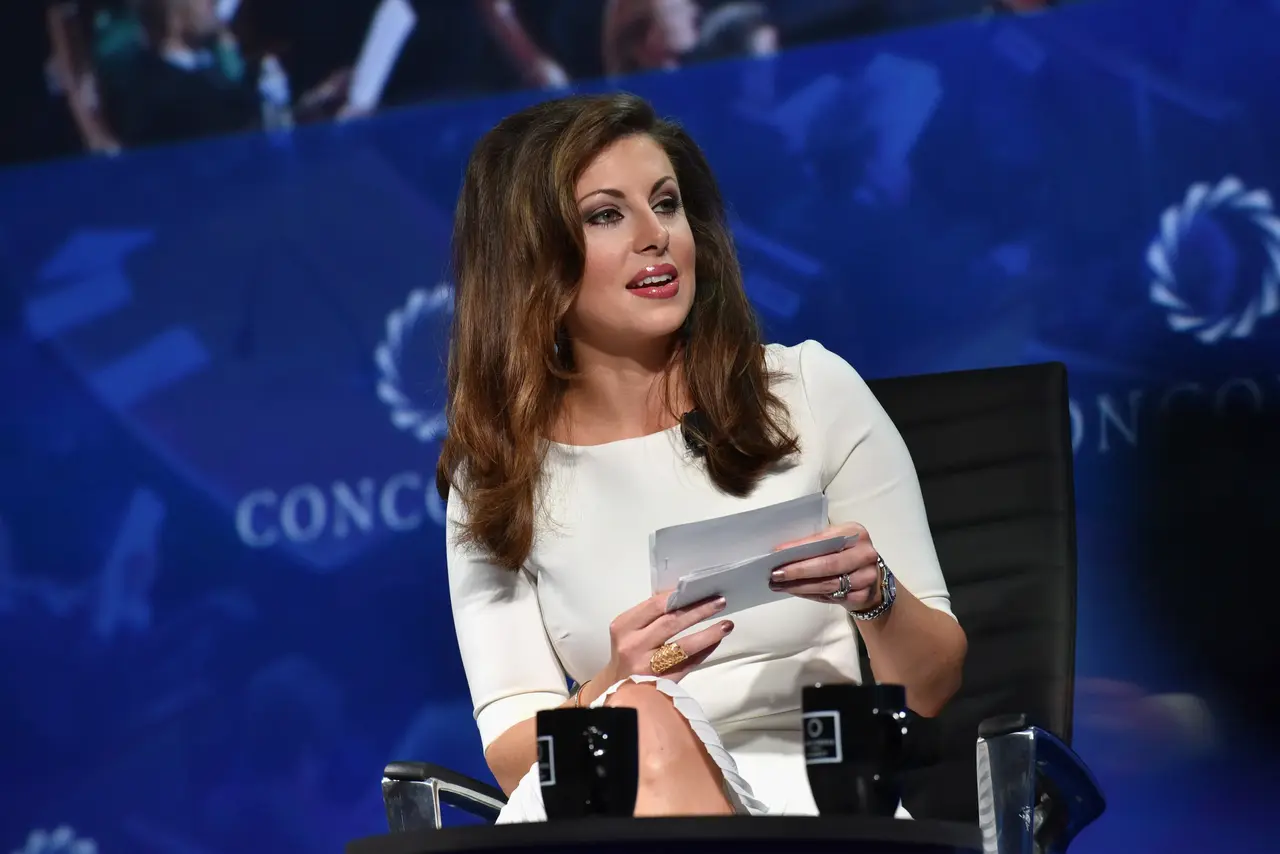Morgan Ortagus: Voice of the U.S. Gaza Veto at the UN 🌍
Morgan Ortagus, a prominent Republican foreign policy expert, serves as the U.S. Deputy Special Presidential Envoy to the Middle East. In September 2025, she emerged as a key figure explaining the U.S. rationale for vetoing a UN Security Council resolution on a Gaza ceasefire, marking the sixth such veto in the ongoing conflict. Her remarks framed the resolution as failing to condemn Hamas or affirm Israel’s right to self-defense, encapsulating Washington’s stance on the politics of the Israel-Hamas war. [aljazeera, commondreams, usnews]
Who Is Morgan Ortagus? 🧑💼
Morgan Deann Ortagus rose to prominence as the State Department spokesperson from 2019 to 2021 under Secretary Mike Pompeo. Her career spans roles as a Treasury Department intelligence analyst, deputy attaché in Riyadh, and USAID public affairs officer in Baghdad. Since 2014, she has been a U.S. Navy Reserve intelligence officer, and in 2025, she assumed the deputy special envoy role, positioning her at the forefront of U.S. diplomacy on the Israel-Hamas conflict and UN Security Council proceedings.
Career Track and Policy Profile 📊
Ortagus’s background blends government service, private-sector geopolitical advisory work, and media commentary, including appearances on Fox News. She founded POLARIS National Security and is affiliated with groups like the Vandenberg Coalition, shaping her assertive messaging on Iran, China, and the Abraham Accords. Her experience equips her to navigate high-stakes international forums, making her a pivotal voice in U.S. foreign policy.
Ortagus’s Role in the U.S. Gaza Veto 🛑
During the September 2025 UN Security Council session, Ortagus declared U.S. opposition to the ceasefire resolution, stating it “will come as no surprise.” She criticized the draft for not denouncing Hamas or recognizing Israel’s defense rights, warning it risked legitimizing narratives favoring Hamas. Her remarks preceded the U.S. veto, which blocked a text supported by 14 of 15 Council members, highlighting Washington’s focus on hostage release and security guarantees. [thestatesman, il.usembassy]
UN Gaza Ceasefire Politics and Process ⚖️
The draft resolution, proposed by the Council’s elected members, demanded an immediate, unconditional, and permanent ceasefire, hostage release, and unrestricted humanitarian aid to Gaza. It reflected the majority view amid a worsening humanitarian crisis. The U.S. veto, articulated by Ortagus, underscored a persistent divide, as Washington insists on condemning Hamas and ensuring Israel’s security in any ceasefire framework. [gulftoday, thejournal]
Visible Strategy, Not Hidden Influence 🔍
Some narratives suggest “hidden influence” behind Ortagus’s role, but her actions point to a clear role as a policy communicator. Her televised statements framed the veto as part of a consistent U.S. doctrine prioritizing counterterrorism and Israel’s defense. Far from operating in the shadows, Ortagus’s public remarks made the strategy transparent, tying ceasefire talks to hostage conditions and narrative control at the UN.
Case Study: Messaging Impact at the Security Council 📢
On September 18–19, 2025, Ortagus shaped the debate by calling the draft “performative” and “unacceptable,” signaling the U.S. veto in advance. Her words set expectations for allies and adversaries, and post-vote reactions from other envoys and media highlighted Washington’s isolation. Ortagus’s disciplined messaging defined the narrative, showing how a clear stance can resonate despite the 14-1 vote. [firstpost, aawsat]
Why Morgan Ortagus Matters Now 🌟
Ortagus’s experience across Treasury, USAID, State, and the Navy Reserve fosters a security-first mindset, emphasizing counterterrorism and deterrence. Her media fluency allows her to translate complex U.S. positions into clear soundbites, amplifying Washington’s stance on ceasefire sequencing and accountability in both the Security Council and public discourse.
Real-World Impact: Veto’s Ripple Effect 🗳️
The sixth U.S. veto, backed by Ortagus’s arguments, reverberated through global capitals. Media coverage captured her rationale, influencing reactions in Europe and the Middle East, where governments weighed aid corridors and recognition of a Palestinian state. Her messaging framed the veto not just as a vote but as a stance on security and Hamas accountability, shaping diplomatic responses far beyond the UN. [axios, mathrubhumi]
FAQs ❓
Who is Morgan Ortagus and what is her background?
Morgan Ortagus is a Republican foreign policy expert, U.S. Deputy Special Presidential Envoy to the Middle East, and former State Department spokesperson (2019–2021). She has served as a Treasury intelligence analyst, USAID officer in Baghdad, and Navy Reserve intelligence officer since 2014.
What was Morgan Ortagus’s role in the U.S. Gaza veto?
Ortagus articulated the U.S. opposition to a UN Security Council ceasefire resolution in September 2025, arguing it failed to condemn Hamas or recognize Israel’s self-defense rights, paving the way for the U.S. veto.
Why did the U.S. veto the UN Gaza ceasefire resolution?
The U.S., as voiced by Ortagus, vetoed the resolution because it did not condemn Hamas or affirm Israel’s right to self-defense, and risked legitimizing narratives favorable to Hamas.
How many times has the U.S. vetoed Gaza ceasefire resolutions?
By September 2025, the U.S. had vetoed six UN Security Council resolutions on Gaza ceasefires during the current conflict.
Why is Morgan Ortagus central to understanding the U.S. Gaza veto?
Ortagus’s background and communication style clarify her role as the face of U.S. policy, linking ceasefire diplomacy to counterterrorism and Israel’s defense in alignment with the administration’s strategy.
